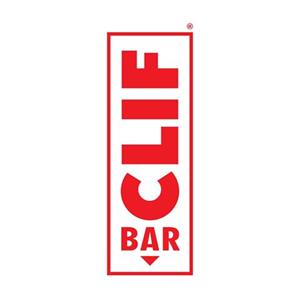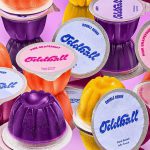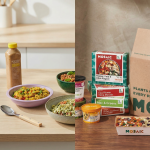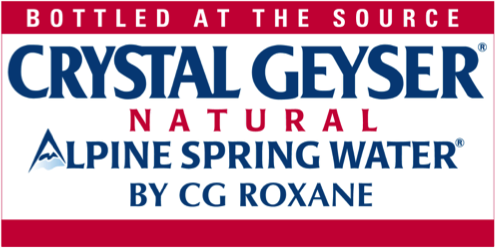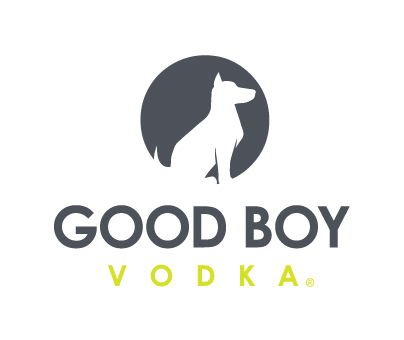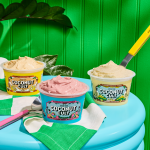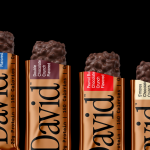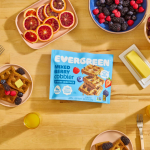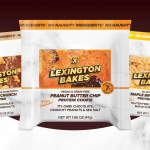Clif Reaches $10.5M Settlement On Healthy Label Claims
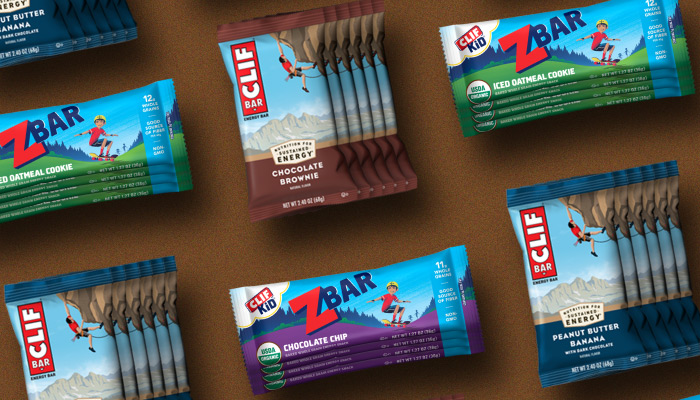
Despite the Food & Drug Administration’s (FDA) ongoing efforts to define “healthy” food, litigation over the term’s use continues to drive the discussion and produce million dollar settlements.
The Clif Bar Company announced Friday it has reached a $10.5 million settlement agreement in a class action case alleging the brand misleadingly labeled its Clif Kid ZBars and “Classic” Clif Bars to convey messages of health and wellness, even though 37% of the calories in the product come from added sugar. The agreement must now be approved by the court.
According to the motion for settlement filed in California District Court, Clif maintains that no objective, enforceable definition for the term healthy exists, but has agreed to remove the word “nutritious” and the phrase “Nourishing Kids in Motion” from its packages if 10% or more of the product’s calories come from added sugar.
After four years of “contentious litigation,” multiple rejected motions to dismiss, stay and hear summary judgment on the case, in addition to a “mountain of stuff” including over 300 exhibits for discovery, the settlement indicates that the two parties may have finally found some common ground, based on the FDA’s current recommendations around added sugar.
However, the agency is still working on an industry-wide definition for the term “healthy,” specifically, and aims to create a universal symbol for use on food packaging, as well as define similar phrases like “nutrition,” “balanced” and “all-natural, ” terms which have been the foundation for hundreds of misleading advertising suits in recent years.
The suit, which was brought by Ralph Milan and Elizabeth Arnold in 2018, received two class certifications in September – one for New York and one for California. Receiving class certifications prompted both sides to begin working towards the settlement, according to the motion. Although only two classes were certified by the courts, the settlement agreement aims to create a “single, nationwide-class,” opening the relief funds to all U.S. consumers who purchased Clif products between April 19, 2014 and June 23, 2022.
Clif’s agreement to update its label marks a substantial win for the plaintiffs, according to the motion, as the move “appropriately addresses the allegation that Clif misleadingly labeled its Original Clif Bars and Kid ZBars to suggest they are nutritious. This benefits not just class members, but also ‘the marketplace and competitors who do not mislabel their products.’”
“This was a settlement negotiated between parties representing the plaintiff’s group and Clif and is in the best interest of Clif Bar so that we can continue to focus on our commitment to creating nutritious and delicious products made with organic ingredients,” a spokesperson for Clif said in a statement.
The plaintiff’s legal team, from Fitzgerald Joseph LLP, also managed to become part of the argument in support of the settlement. The attorneys, which will be awarded $3.5 million per terms of the agreement, have been involved in multiple false advertising settlements including an $8 million settlement in November barring Mondelez’s belVita breakfast biscuits from marketing its products as ‘healthy,’ ‘nutritious, ‘balanced’ or ‘wholesome’ due to its added sugar contents. Just last week, Mondelez also announced its plans to acquire Clif, which is currently the top-selling nutrition bar brand, according to IRI data.
“This is now the fifth nationwide class settlement Plaintiffs’ counsel have obtained based on the theory that health and wellness claims are misleading when used to advertise high-sugar foods, and its relief falls squarely within the range of the other four settlements, all of which received final approval, including by three other courts in this district,” the motion states.
However, this isn’t Clif’s first bar fight either. Regulation of healthy claims have been a menace to both Clif and second leading bar brand, KIND, for almost a decade, the latter of which was targeted by the FDA for its use of the word healthy and successfully petitioned the agency to get the ruling reversed in 2016. In 2019, Clif started a feud with KIND, calling it out for not using organic ingredients in a full-page New York Times ad. KIND shot back, taking aim at Clif’s added sugar contents. That same year, KIND also submitted a petition to the FDA, stating that nutrition regulations often ignore high added sugar and sodium contents in favor of vitamins, fiber or functional benefits; that petition is still pending review.
The Clif Bar Company is represented by Sheppard Mullin Richter & Hampton LLP. A hearing to approve the settlement has not yet been scheduled.
This article has been update with a statement from the Clif Bar Company.

